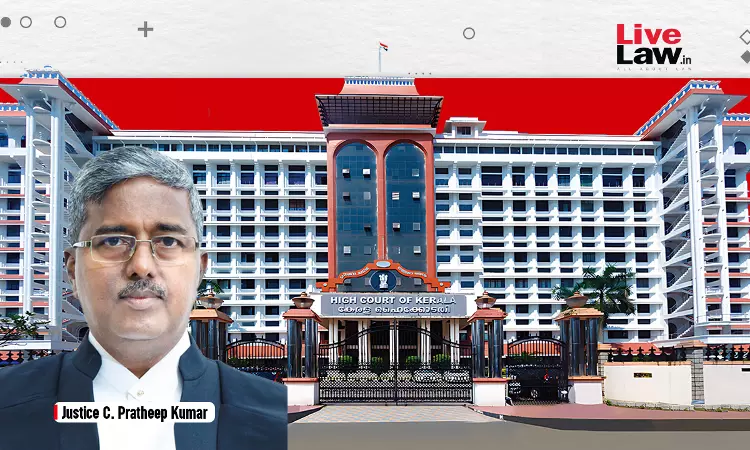Only Co-Owners Can Claim Benefit Of Section 44 Of Transfer Of Property Act: Kerala High Court
Manju Elsa Isac
29 May 2024 1:45 PM IST

Next Story
29 May 2024 1:45 PM IST
The Kerala High Court has held that only co-owners can claim the benefit of Section 44 of the Transfer Of Property Act.A single bench of Justice C. Pratheep Kumar held that only co-owners of a property are entitled to the benefit of the second paragraph of Section 44 of the Transfer of Property Act.The second paragraph of Section 44 of the Transfer of Property Act says that where the...
